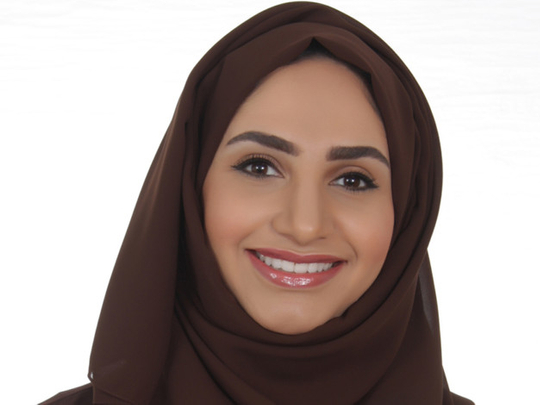
Dubai
Children with autism process information differently than other people, as stated by the US Department of Health and Human Services. This can lead to social, communication and behavioural challenges. But, BabNoor, a smart app designed in the UAE, is trying to help children with a range of disabilities to develop skills that will help them communicate effectively with those around them.
This Arabic-language app is specifically developed by telecom operator du to address the needs of children with autism, hearing and speech impairments, Down’s Syndrome, cerebral palsy and trauma injuries.
Humaida Al Khalsan, director of corporate communications at du, told Gulf News: “The app is intended to complement and eventually replace physical, visual and pictorial reference cards for children with special needs. It has been customised for local Arabic dialects to cater to the needs of Arabic speakers around the region.”
The content of the app has been validated by speech therapists and is constantly updated based on case studies from around the world. It can also be modified based on the child’s competency and learning abilities.
The cloud-based libraries of content and picture cards teach children new words by following standardised and globally accepted picture exchange communication system to help improve their vocabulary. With these modifications and levels, children with special needs slowly gain confidence and work on their emotional and social skills that help them deal with difficult situations.
Humaida said: “Communication is the backbone of social integration. Using the app can reduce dependence on physical methods and therapy. The app has shown to improve children’s vocabulary and sentence formation skills.”
Research conducted by du during the first phase of the app in 2015 found that more than 88 per cent of students with autism who were using the app were able to easily browse through it to find what they needed. Additionally, over 94 per cent of the autistic students with very basic vocabulary skills were able to request for something they needed. Around 77 per cent of students were able to answer questions by clicking on the image cards in the app.
Humaida said: “In line with the Dubai Disability Strategy 2020, the launch of the app addresses the pillar of universal accessibility. We are living in a special region that has its own unique ways of communicating, and as the special needs community continues to grow, their requirements for specialised tools of communication have also grown. We decided to address the issue and create an inclusive environment for all.”
The app is available for special needs centres in the UAE that express a need of an Arabic-based communication tool for their students. Interested centres can get access to the app by writing to CSR@du.ae.








